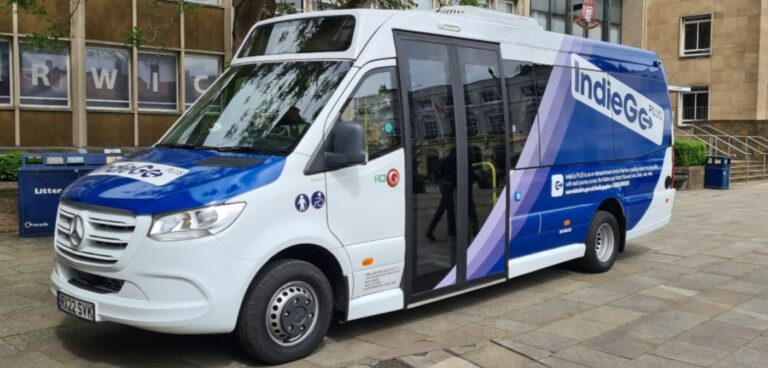Warwickshire County Council has announced the launch of the new Warwickshire Enhanced Partnership for Buses to deliver its Bus Service Improvement Plan (BSIP).
The new bus strategy sets out how the county council will use the partnership and the county’s bus operators to increase passenger numbers and deliver upgrades to bus services across the region.
The range of new measures are also aimed at growing bus modal share aspirations, as outlined in the National Bus Strategy for England (Bus Back Better), which was published in March 2021.
Bus travel saw a decline in the years leading up to the pandemic, with Covid-19 then causing a dramatic fall in passenger numbers.
However, the council reports that bus patronage in Warwickshire has increased during the past 12 months, as the industry continues to recover from the pandemic and people regain confidence in using public transport.
As a result, the council has announced that the first activity of the Enhanced Partnership will be a multi-channel marketing campaign, set to launch in 2023, that will highlight the benefits of bus travel to residents.
This campaign will be boosted by the Department for Transport’s £2 single adult fare cap pilot, which will be running between January and March 2023.
Wallace Redford, councillor and Warwickshire County Council portfolio holder for transport and highways, said: “The new Warwickshire Enhanced Partnership for buses is fantastic news for our residents, businesses and the diverse range of bus operators that we have in the County.
“Bus passenger numbers have noticeably increased since the pandemic, however, there is work to do in further increasing bus patronage to pre-pandemic levels and beyond.
“Buses remain the most utilised public transport mode in the county and remain a fantastic and viable option for travel across Warwickshire.
“Not only are they cost-effective – and will be even more so with the introduction of the £2 single adult fare cap pilot, which begins in January – they are also much better for the environment, promote social inclusion and provide more health benefits compared to car travel.”





